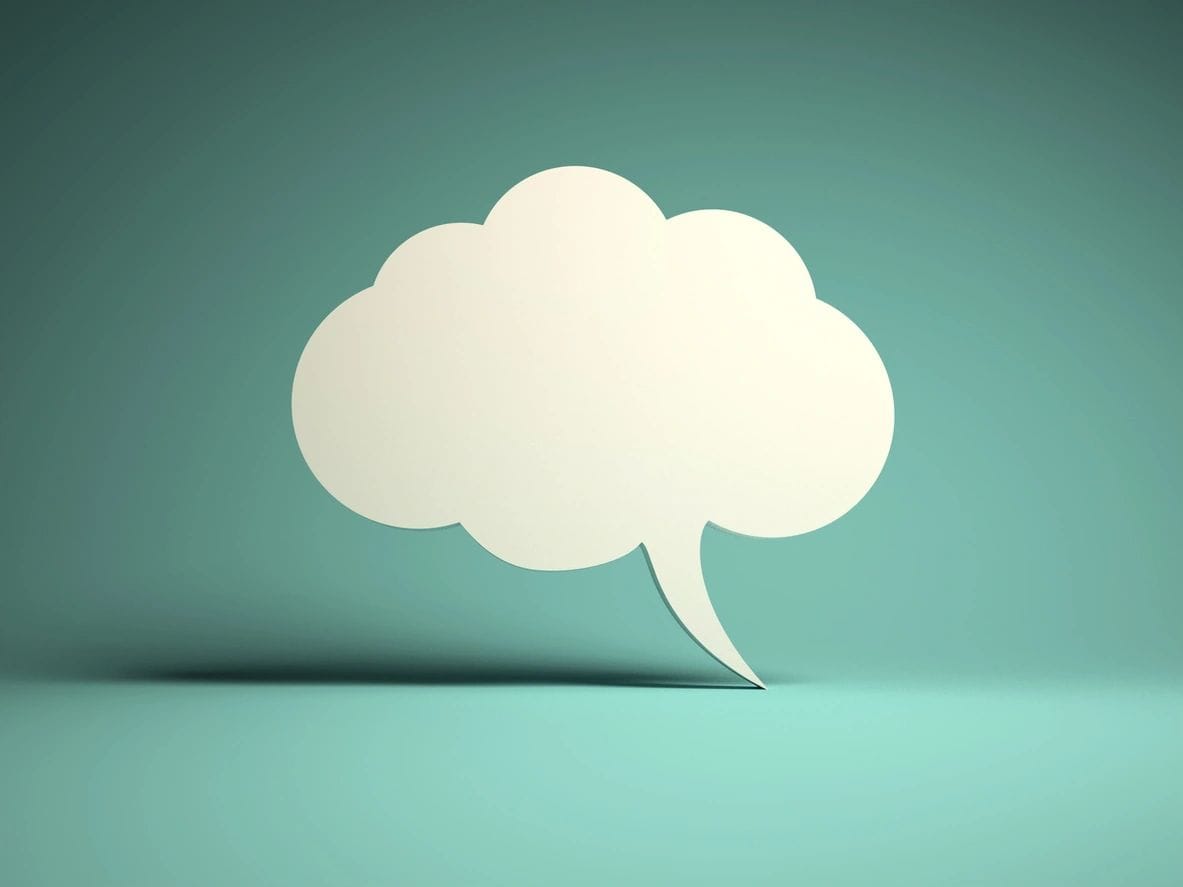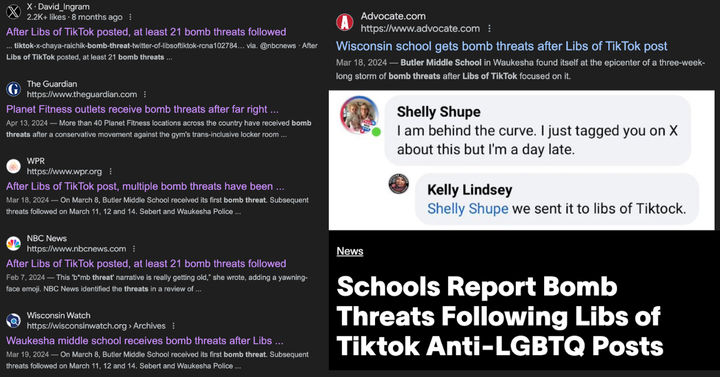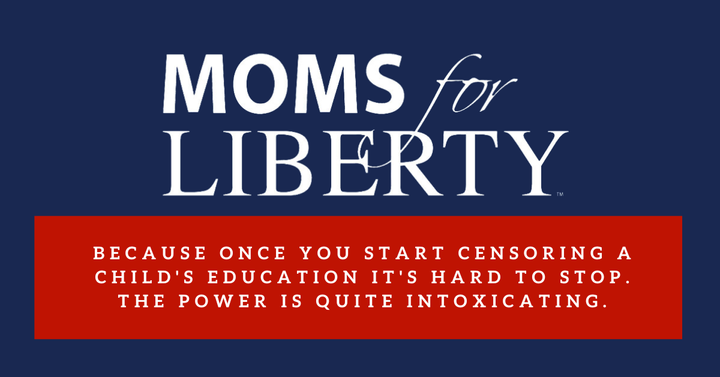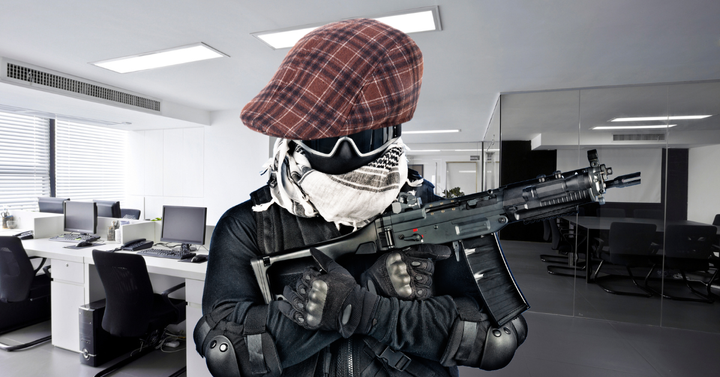Dunleavy's Recent Tweet was "Frightening"

As the inevitable recall of Alaska's Governor draws near, Mike Dunleavy seems suddenly concerned about free speech.
The Alaska Governor has never been above pandering to the former Insurrectionist-in-Chief, having previously tweeted at the man now banished from social media for engaging in conduct that violated the community standards of multiple social media platforms.
Yesterday, Twitter shut down accounts that they say were set up to share statements from a new section of Trump's website, saying those accounts broke its rules against evading an account ban. Earlier this week, Facebook's Oversight Board upheld the company's decision to ban Trump from its platform after the January 6 insurrection at the U.S. Capitol. Read their statement here.
The Oversight Board's ruling meant the company did not have to reinstate Trump's access to Facebook immediately and said Facebook was going to have to make a decision on whether to ban Trump permanently or suspend him for a specific period of time.
Dunleavy's social media statements about Trump's ban, while not altogether surprising, seem a bit hypocritical, especially in light of ongoing litigation between Elizabeth Bakalar, a former Assistant Attorney General for the State of Alaska, and Governor Mike Dunleavy, as well as former Chief of Staff Tuckerman Babcock.
Bakalar's complaint alleges that her First Amendment right to freedom of speech was violated because she was fired for her political beliefs and maintaining a political blog while employed as an attorney in the Alaska Department of Law.
What Dunleavy didn't share in his social media barrage against Facebook, which was accompanied by a Fox News link, was that the First Amendment protects individuals from government censorship. Social media platforms are private companies and can censor what people post on their platforms as they see fit. In recent weeks Facebook has been doing just that — issuing restrictions on user accounts for content that is years old and relatively benign in many cases according to extensive reporting and public complaints on the matter.
Facebook's apparent recent crackdown on content comes just after the personal data of over 500 million Facebook users was reportedly posted on a hacking forum.
But at least one part of the Governor's statement rings true — any one of us could potentially be banned at any moment by the social media giant which now relies heavily on artificial intelligence and algorithms to take down content that, in many cases, appears to have been erroneously removed.
"Facebook took down 6.3 million pieces of content under the “bullying and harassment” category during the fourth quarter of 2020, up from 3.5 million in the third quarter, in part because of “increasing our automation abilities,” the company said in its quarterly Community Standards Enforcement report. Users appealed about 443,000 pieces of content in the category, and Facebook restored about a third of it."
The Wall Street Journal, May 4, 2021
But in the case of the former president, both Facebook, and the Oversight Board likely got the decision to ban Trump right, and it's not clear why Governor Dunleavy would find the company's decision to ban Trump "frightening" when one takes into account the premise on which Trump was banned.
It was Trump, after all, who released a video message during the armed insurrection in which he lied about the presidential election being "stolen." Trump told the people invading the Capitol, "We love you; you're very special."
A poll conducted yesterday by the Pew Research Center found that Americans are split on whether Trump should be banned permanently from social media with 49% of U.S. adults agreeing that he should.


